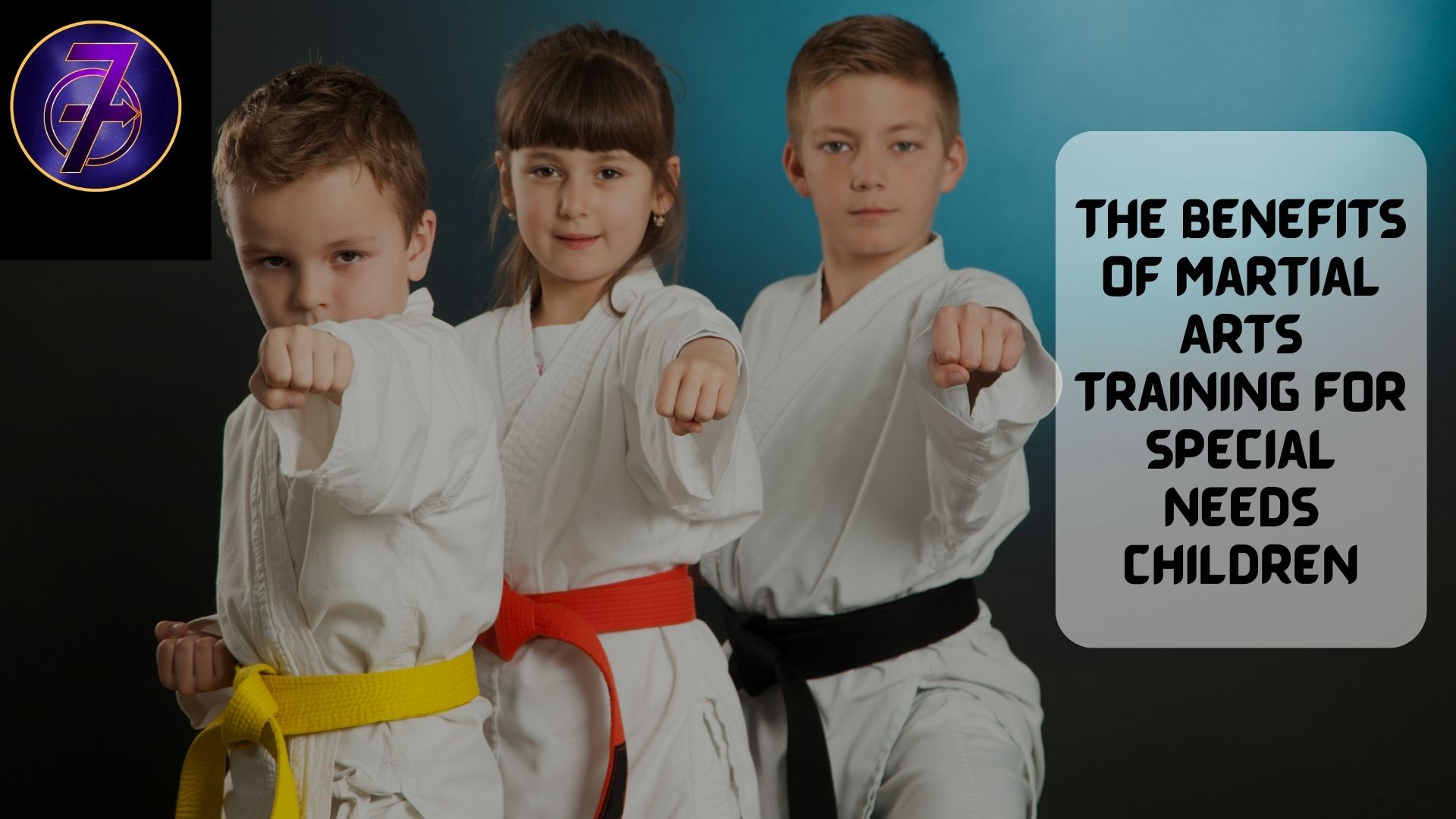
Introduction
Martial arts training has long been recognized for its physical, mental, and emotional benefits for individuals of all ages. However, one aspect that often goes unnoticed is its remarkable impact on children with special needs. As we delve into martial arts for special needs children, we uncover possibilities that foster growth, empowerment, and improved quality of life.
Enhancing Physical Fitness and Coordination
Martial arts training offers diverse movements that aid in developing strength, flexibility, and coordination. For special needs children, who may face challenges in their motor skills, these structured and purposeful exercises provide a safe environment to improve their physical abilities. Through consistent practice, they develop better body awareness and control, leading to increased confidence in their physical capabilities.
Improving Focus and Concentration.
Many special needs children may struggle with maintaining focus and attention. Martial arts instill a sense of discipline, requiring students to listen closely to instructions and concentrate on their techniques. The combination of repetitive movements and mental engagement enhances their ability to stay focused, which can positively affect their academic performance and daily activities.
Boosting Self-Confidence and Self-Esteem
One of the most remarkable transformations witnessed in special needs children participating in martial arts is the boost in self-confidence and self-esteem. Their belief in themselves grows as they acquire new skills and achieve milestones.
Success in martial arts is measured individually, and each achievement is celebrated, creating a nurturing environment that fosters a strong sense of self-worth. Encouraging Emotional Expression and Regulation For special needs children, expressing emotions can sometimes be challenging.
Martial arts serve as a healthy outlet for emotional expression.
It provides a constructive space where children can channel their feelings, release stress, and develop emotional regulation. Instructors are trained to create an atmosphere of support and understanding, enabling children to process their emotions effectively. Fostering Social Skills and Interaction Participating in martial arts classes introduces special needs children to a supportive community where they interact with peers and instructors. They learn valuable social skills such as cooperation, communication, and teamwork through group exercises and partner drills. The sense of belonging and camaraderie within the martial arts studio often extends beyond the training sessions, creating lasting friendships.
Conclusion
Martial arts training for special needs children goes beyond physical techniques; it’s a transformative journey that nurtures their overall development. The benefits are remarkable, from improved physical fitness and coordination to enhanced focus, confidence, and emotional expression. As parents and caregivers explore opportunities for their unique needs children, considering martial arts as a form of enrichment can open doors to a world of possibilities. The inclusive nature of martial arts studios and the tailored training approach ensure that every child’s unique abilities are celebrated and encouraged. With the proper guidance and support from dedicated instructors, special needs children can thrive in a martial arts environment, achieving personal growth and success while embracing the joy and empowerment of their journey on the mat.
